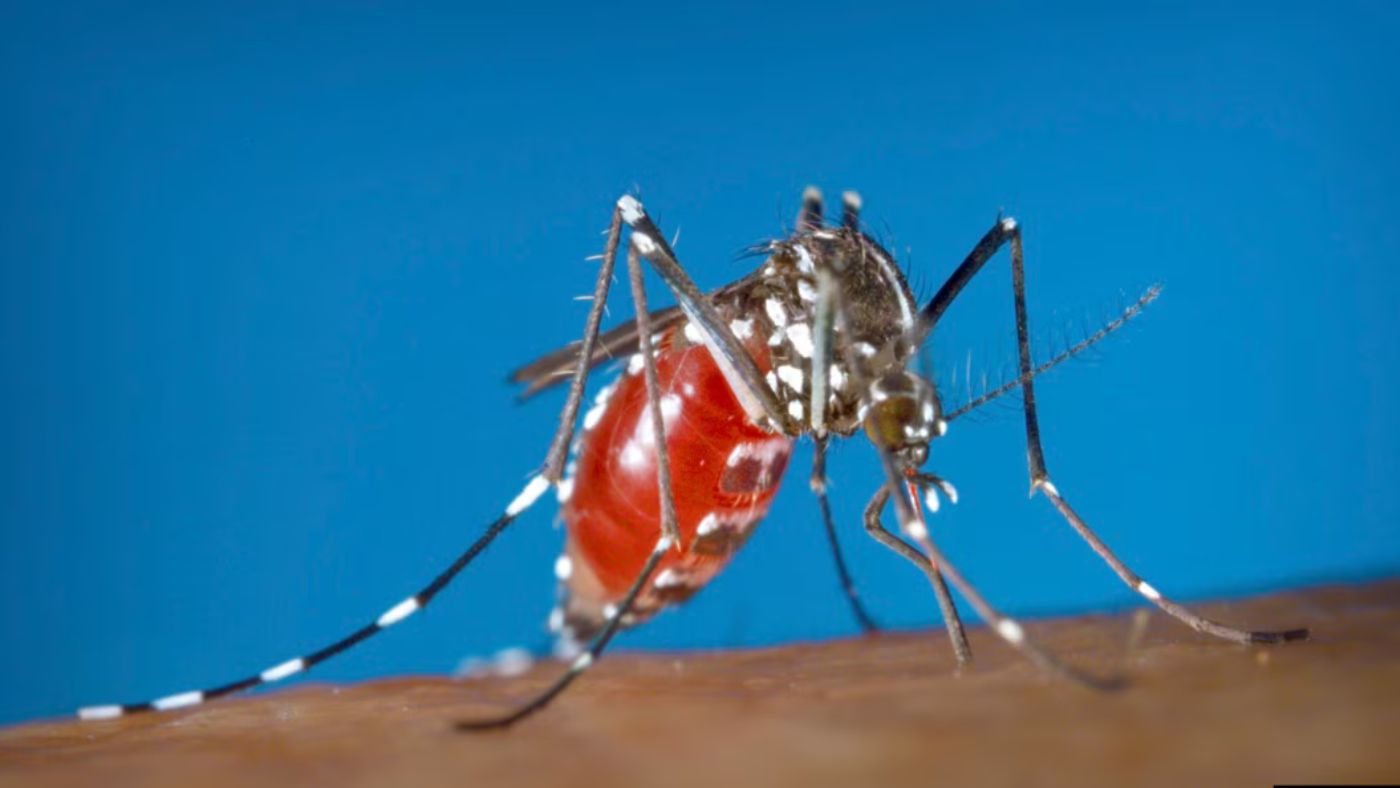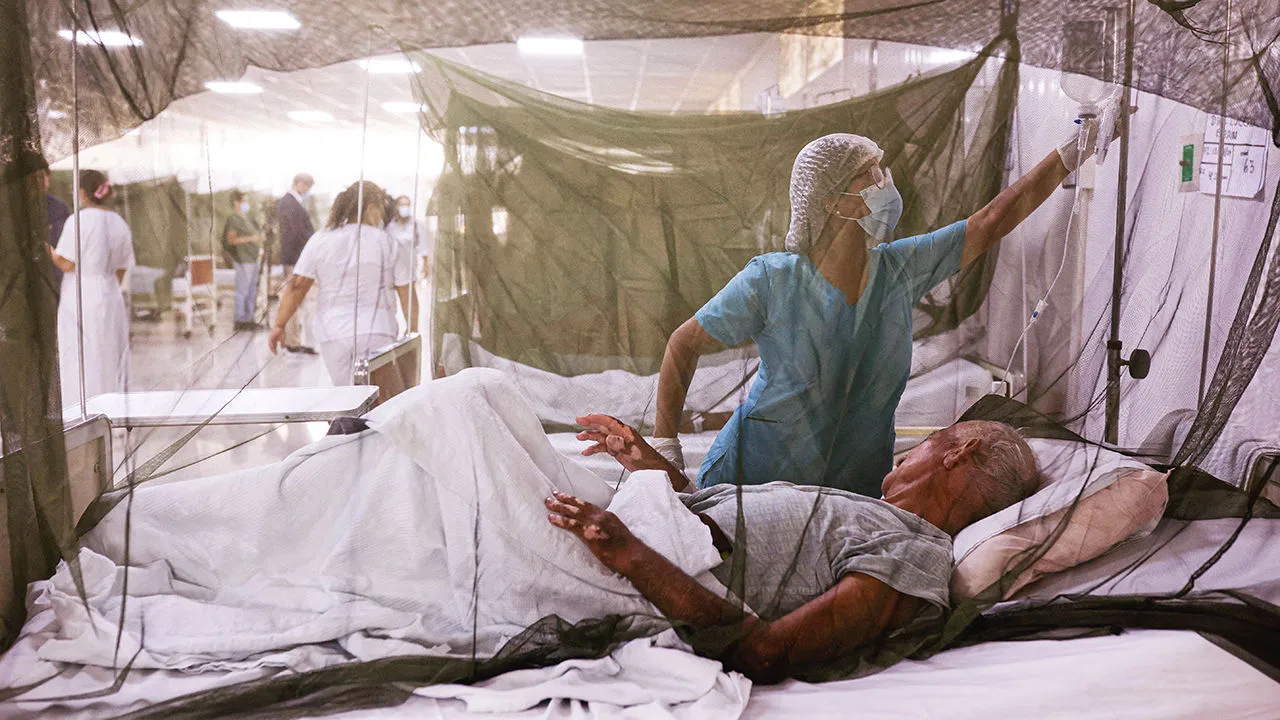A dramatic rise in dengue cases across Latin America and the Caribbean has prompted the head of the Pan American Health Organization (PAHO) to emphasize the necessity of proactive measures to combat the virus transmitted by mosquitoes.
Dr. Jarbas Barbosa, PAHO Director, highlighted in a press briefing on Thursday that as of March 26, the region had recorded over 3.5 million cases of dengue and more than 1,000 deaths.
“This is cause for concern, as it represents three times more cases than those reported for the same period in 2023, a record year with more than 4.5 million cases reported in the region,” he stated.
By March, the countries most severely impacted in Latin America include Brazil, Paraguay, and Argentina, which have accounted for 92% of dengue cases and 87% of related deaths.
Barbosa attributed this surge to favorable conditions for mosquito breeding due to warm and rainy weather.
However, he noted an increase in cases in Barbados, Costa Rica, Guadeloupe, Guatemala, Martinique, and Mexico, where mosquito transmission typically intensifies in the latter part of the year.

U.S. embassies in affected countries have issued health alerts advising people to cover exposed skin, use mosquito repellent, and eliminate stagnant water to prevent mosquito breeding.
Puerto Rico declared a public health emergency for dengue this week, with a notable rise in cases primarily in the capital, San Juan.
According to the Centers for Disease Control and Prevention (CDC), dengue viruses are transmitted through the bite of infected Aedes species mosquitoes, with symptoms ranging from mild to severe. Severe cases, affecting about 1 in 20 people, can be life-threatening.
Barbosa emphasized that addressing the dengue challenge requires collaboration across all sectors of society.
Efforts should focus on eliminating mosquito breeding sites, protecting against mosquito bites, enhancing health service readiness for early diagnosis and treatment, and educating the public about dengue symptoms and the importance of seeking timely medical attention.
